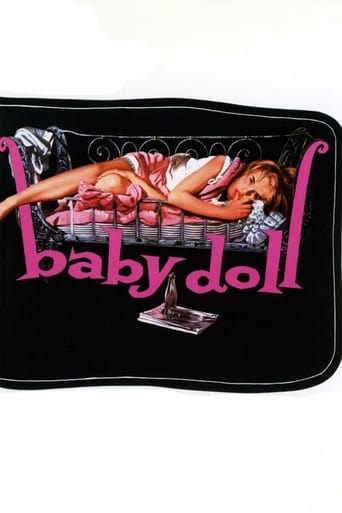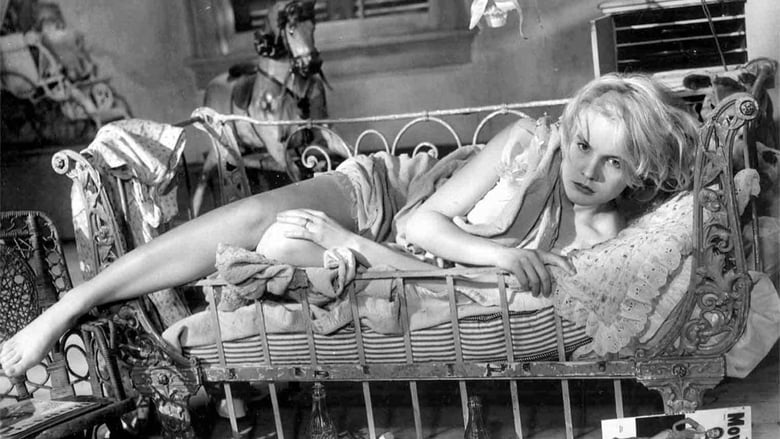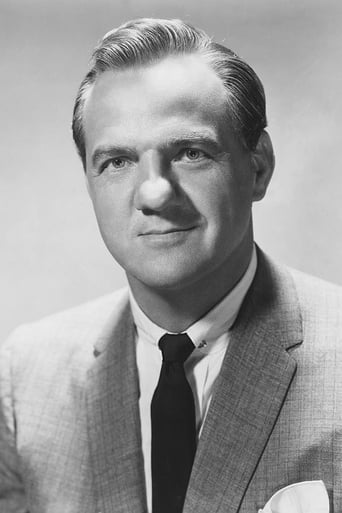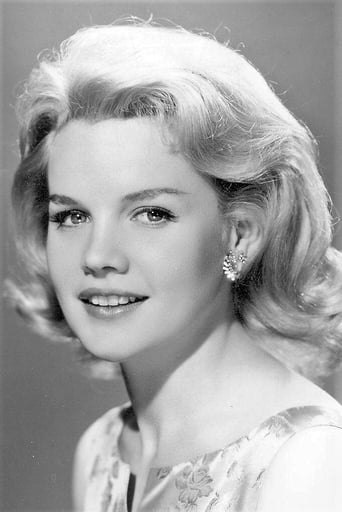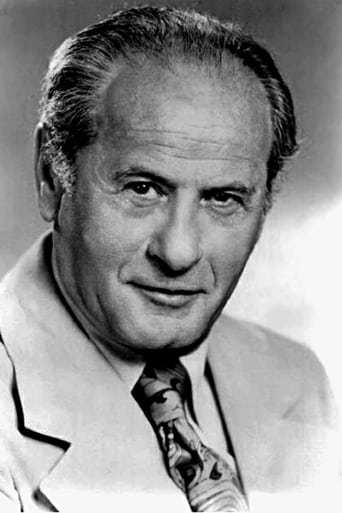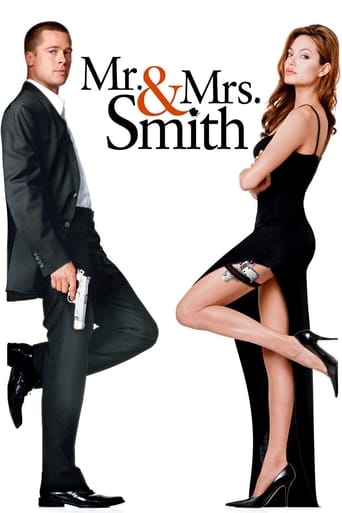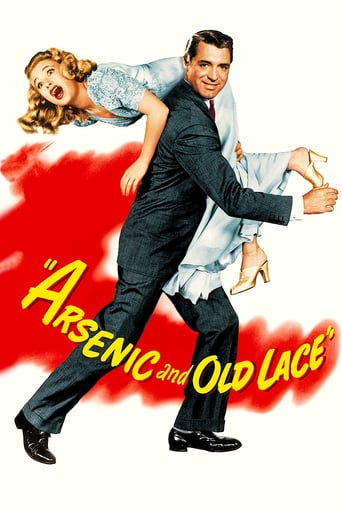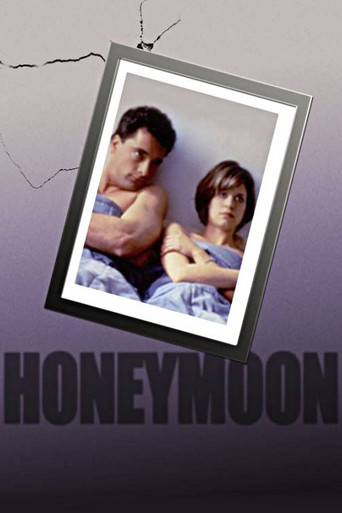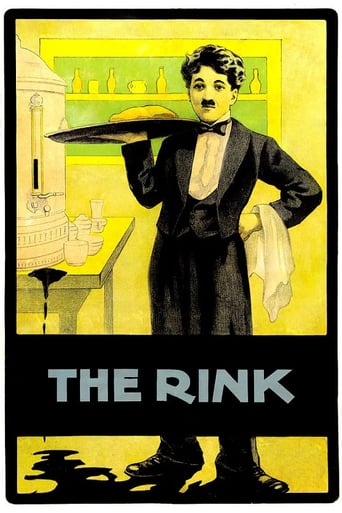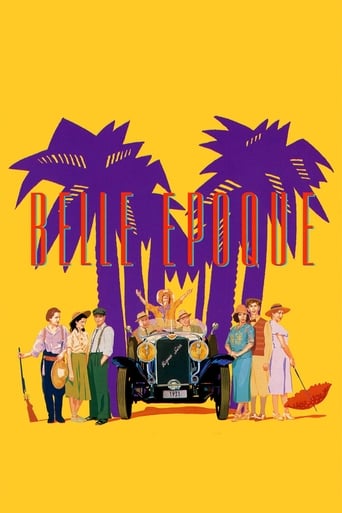Baby Doll (1956)
Archie Lee Meighan is a failing cotton gin owner who is married to Baby Doll, a 19-year old childlike beauty whose father arranged the marriage for financial reasons. As Archie awaits the arrival of Baby Doll's 20th birthday, the day that they are supposed to consummate their marriage, he faces interference from business rival Silva Vacarro, who plots to seduce Baby Doll away from Meighan.
Watch Trailer
Cast


Similar titles
Reviews
Two Southern rivals battle over cotton gins and dumb-as-a-rock wife.Seldom have so many theatrical heavyweights been responsible for such a misfire. The movie may have been cutting edge in the repressed 1950's, but the results are now almost unwatchable. It's impossible to tell what the movie makers had in mind outside of enraging public watchdogs with an iconic photo of a thumb-sucking Baby Doll (Baker). But, whatever their intentions, the movie's now mainly an exercise in the grotesque. I'm sure all the bluster and bellow are nowhere to be found in Karl Malden's Book of Fond Memories.For example, there's that horribly over-extended scene between Silva (Wallach) and Baby Doll that has to be one of the most excruciatingly overdrawn on record. The point is made in the first three-minutes, so why pointlessly drag it out for twenty, except maybe to fill empty screen time with some of the silliest shenanigans imaginable. Then too, much of that wasted time could have expanded the roles of such capable performers as Chapman, Torn, and especially Dunnock in a small part that unfortunately a hundred lesser actresses could have minced through. All I can say is if this was supposed to be sophisticated farce, the groans way out-number the chuckles.No need to go on, except to point out the one redeeming feature, namely, an unvarnished glimpse of the rural South you won't see in Gone With The Wind. Yes indeed, somehow I missed this mess back in '57. Now I know how lucky I was.
I have seen about every Tennessee Williams film, though somehow "Baby Doll" eluded me. Well, sometimes they say "...it's worth the wait" or "...last but not least"--well both phrases seem to have little to do with this film! It is probably the least of the plays translated to film and was a bit of a disappointment.Now if you are looking for sleaze and scandal (something in practically everything Williams wrote), then at least in this sense you won't be disappointed. The film abounds with sexuality, horrible racism, nastiness, a sort of pseudo-pedophilia' and dirt (literally--the home was filthy). It abounds with sexuality and innuendo from start to finish. In this sense, it certainly is entertaining and won't put you to sleep.The problem, then, is that this film is about the least believable of the Williams movies--though "Night of the Iguana" also felt that way to me. The characters just seemed to lack any sense that you might meet such people in real life. It just seemed like sleaze and nastiness for the sheer sake of nastiness--but not at all fun (like "Peyton Place") or examining a darker side of people (like most of Williams' plays). No, instead, the characters just bellowed a lot (particularly Karl Malden who did a great imitation of a walrus in heat) and acted like idiots--not my idea of a good time.By the way, for the ultra-ultra politically correct and easily offended out there, do NOT watch this film. Trust me on this one, folks.
"Baby Doll" (1956) was not just way ahead of its time. Somehow Elia Kazan managed to make and release what is arguably the most erotic film of all time to a Hollywood and a country more uptight and restrictive than at any point in cinema history.Even more remarkable is that this clichéd story, in the tried and true Southern Gothic genre, actually transcends its medium (film); visually fusing Tennessee Williams' literary themes and the lesions of southern history into an allegorical dramatization of Southern decadence and self-victimization.Southerners whine endlessly about their historical victimization but rarely exhibit the insight to put it all into perspective. Putting this self-indulgence and self-destruction into perspective was what Williams was all about and he deliciously condenses his recurring themes into this screenplay. Kazan was more collaborator than director; he understood what Williams felt and he knew how to make viewers feel the same things.The story is all about the invasion of personal space. In the south this meant foreigners (from the North and from Europe) coming into their land and out-competing them. The invaders were more lean and hungry than the natives. They were less self-indulgent and more willing to invest for the distant future. The natives were all about conspicuous consumption and short-term comfort.Even when forced to take a longer term perspective; Archie Lee (Karl Malden) has promised to restrain himself and defer the deflowering of Baby Doll (Carroll Baker) until her 20th birthday; the southerner impatiently fritters away the opportunity to spend his time productively. Then he finds that when the fruit finally ripens it is snatched away by a hungry opportunist.What to watch for in "Baby Doll" is the routine violation of personal space. In the claustrophobic mansion the characters have no personal privacy. It gets even worse with the invasion of Silva Vacarro (Eli Wallach); the characters are routinely in each other's faces and the camera captures it all with increasingly tight shots. Baby Doll herself is not your standard movie nymphet coming onto an older man. Once Vacarro has taken her measure, he assaults her in almost every scene, aggressively moving into her personal space as he hungrily pursues his prize.And like the aggressive Northern invaders, Vacarro's single-minded focus and pursuit of a goal soon overwhelms Archie; despite the fact that Archie enjoys the home field advantage and does not play fair, symbolized by the local Marshall who makes it clear to Vacarro that the law will not be applied equally.One scene that I particularly liked was when Aunt Rose (Mildred Dunnock) gives it right back to Archie at the dinner table. She has been living precariously under his roof up to this point. When he attempts to snatch away her safety she summons the dignity to stand up to him; and the camera gets tight on her face as she claims a bit more of his space.Then again, what do I know? I'm only a child.
"Baby Doll", when it was released in 1956, was obviously going to be a very controversial film. While the country was in the lazy, comfortable days of the mid-1950's, along comes Elia Kazan with a story about a smoldering sexpot wife who is seduced by a Sicilian, who is a competitor of her husband. It is said that upon the film's release, many groups wanted the film pulled from theatres because it was so controversial. By 1956 standards, you can see why. The only problem is, that the movie is not very good.The acting for the most part is over the top. I think that is because the screenplay, by Tennessee Williams is too talkative when it doesn't need to be, has three basically unlikeable lead characters, and doesn't really have much of anything to say. The actors, all from Kazan's beloved Acting Studio do all that they can to try to infuse some meaning into the dialogue. Karl Malden especially gives an "over the top" performance."Baby Doll" takes place in the south, and yet there is no hint of any racial issues mentioned. The one great asset this film has going for it, is that it is filled with many local citizens as extras. Their is a great story in each of their faces, that would be more interesting than this movie.The film has a great many sound quality problems, as well, and a lot of scenes where you can see the actor is talking, but there is no sound to accompany the actions.4 out of 10

